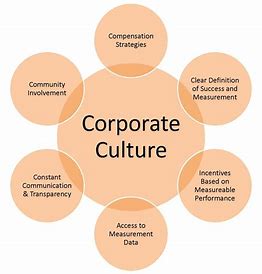- Home
- Questions and Answers
- Transfer of Shares in S Corporation
1099 For Corporation Bookkeeping Question
by Debbie Young
(Laguna Niguel, CA USA)
I have a client who operates a corporation engaged in rental property management.
The officers of the corporation do not receive a wage but instead derive their income from the rental properties.
In this scenario, it is essential to determine whether the officers of the corporation are required to receive a 1099 form for the rental income they receive.
Can you please clarify the tax reporting obligations for the officers of the corporation regarding their rental income and whether they need to issue 1099 forms?
Additionally, any insights on the relevant IRS guidelines or regulations applicable to this situation would be greatly appreciated.
Comments for 1099 For Corporation Bookkeeping Question
|
||
|
||
|
||
Transfer of Shares in S Corporation
by Lisa Phillips
(Fairfield, CA)
I have a client, who is an S Corporation. One of the 4 shareholders took out a loan to (1) pay off back payroll taxes and equipment purchases and (2) used funds from the loan to buy out 3 shareholders and also distribute money to himself.
1) Can I treat the loan as a shareholder loan of the existing corporation? Or should the loan be treated as a capital contribution?
2) Then, the checks paid to buy out the other shareholders, do they get posted to their drawing accounts or capital accounts?
3) What if the amount of payments to each shareholder is more than their capital account, this would create an unnatural balance for their capital accounts?
Thank you so much for your time and help.
Hello Lisa,
Thank you for your questions.
1) Yes, you can treat the loan as a shareholder loan of the corporation rather than treating it as a capital contribution.
2) The checks paid to buy out the other shareholders can get posted to their drawing accounts or shareholder distribution accounts up to the amount of equity they have in the business.
3) I believe the amount of payments to each shareholder being more than their capital account is fine. The amount would just end up being a taxable gain on the sale of their portion of the business. This income would pass through to their tax return on their individual K-1's.
Comments for Transfer of Shares in S Corporation
|
||
|
||
Please subscribe to my monthly newsletter, Bookkeeping Basics E-zine. It tells you every month about the new information that I have added, including some great tips and advice from myself and other Bookkeeping Basics readers.
Like Bookkeeping-Basics.net?
- Home
- Questions and Answers
- Transfer of Shares in S Corporation














